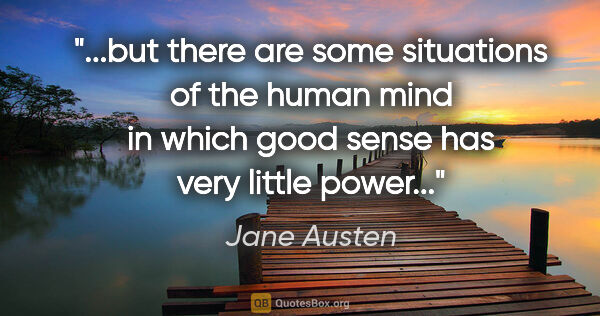Very Quotes (page 292)
Of course, in a novel, people's hearts break, and they die, and that is the end of it; and in the story that is very convenient. But in real life we do not die when all that makes life bright dies to us. There is a most busy and important round of eating, drinking, dressing, walking, visiting, buying, selling, talking, reading, and all that makes up what is commonly called living.
Harriet Beecher Stowe
It is very important that you only do what you love to do. You may be poor, you may go hungry, you may lose your car, you may have to move into a shabby place to live, but you will totally live. And at the end of your days you will bless your life because you have done what you came here to do.
Elisabeth Kubler-Ross
And what about those [writers' workshop] critiques, by the way? How valuable are they? Not very, in my experience, sorry. A lot of them are maddeningly vague. I love the feeling of Peter's story, someone may say. It had something... a sense of I don't know... there's a loving kind of you know... I can't exactly describe it....It seems to occur to few of the attendees that if you have a feeling you just can't describe, you might just be, I don't know, kind of like, my sense of it is,...
Stephen King


And upon his return, Gherkins, who had always considered his uncle as a very top-hatted sort of person, actually saw him take from his handkerchief-drawer an undeniable automatic pistol. It was at this point that Lord Peter was apotheosed from the state of Quite Decent Uncle to that of Glorified Uncle
Dorothy L. Sayers
I do not admit that theological points are small points. Theology is only thought applied to religion; and those who prefer a thoughtless religion need not be so very disdainful of others with a more rationalistic taste. The old joke that the Greek sects only differed about a single letter is about the lamest and most illogical joke in the world. An atheist and a theist only differ by a single letter; yet theologians are so subtle as to distinguish definitely between the two.
Gilbert K. Chesterton
The bird with the thorn in its breast, it follows an immutable law; it is driven by it knows not what to impale itself, and die singing. At the very instant the thorn enters there is no awareness in it of the dying to come; it simply sings and sings until there is not the life left to utter another note. But we, when we put the thorns in our breasts, we know. We understand. And still we do it. Still we do it.
Colleen McCullough

